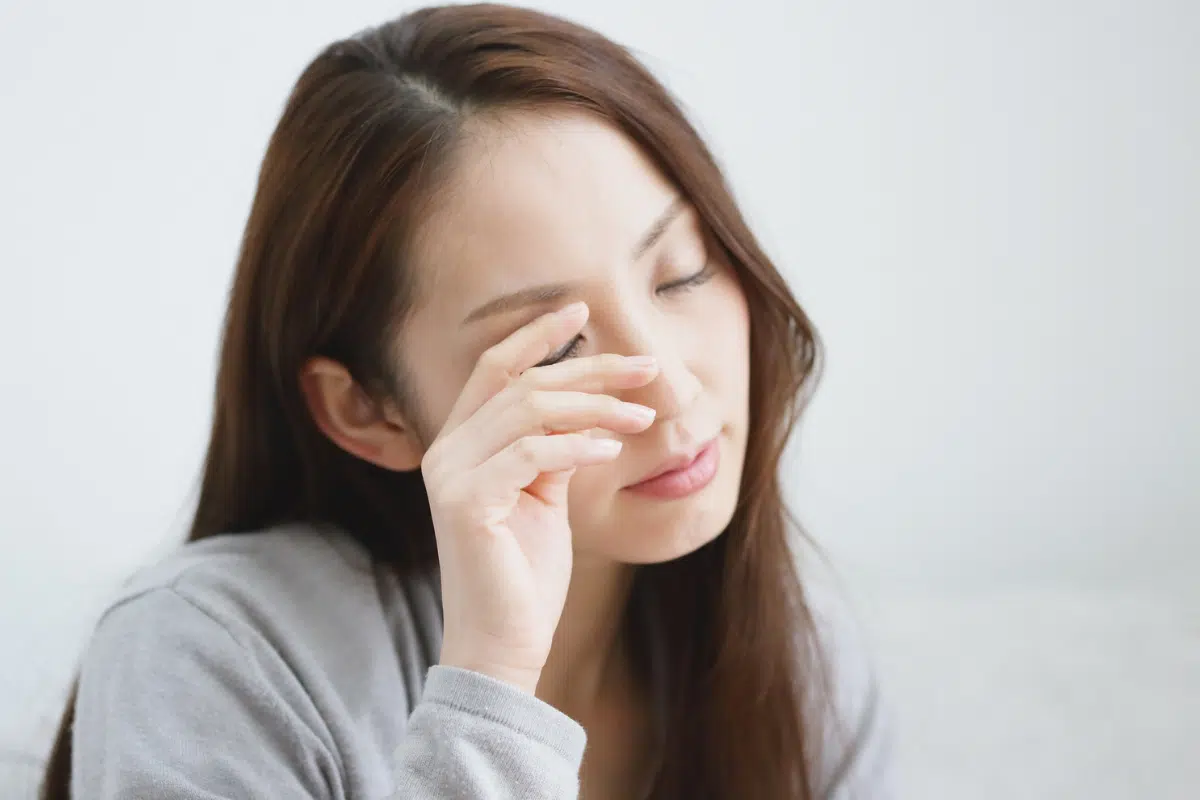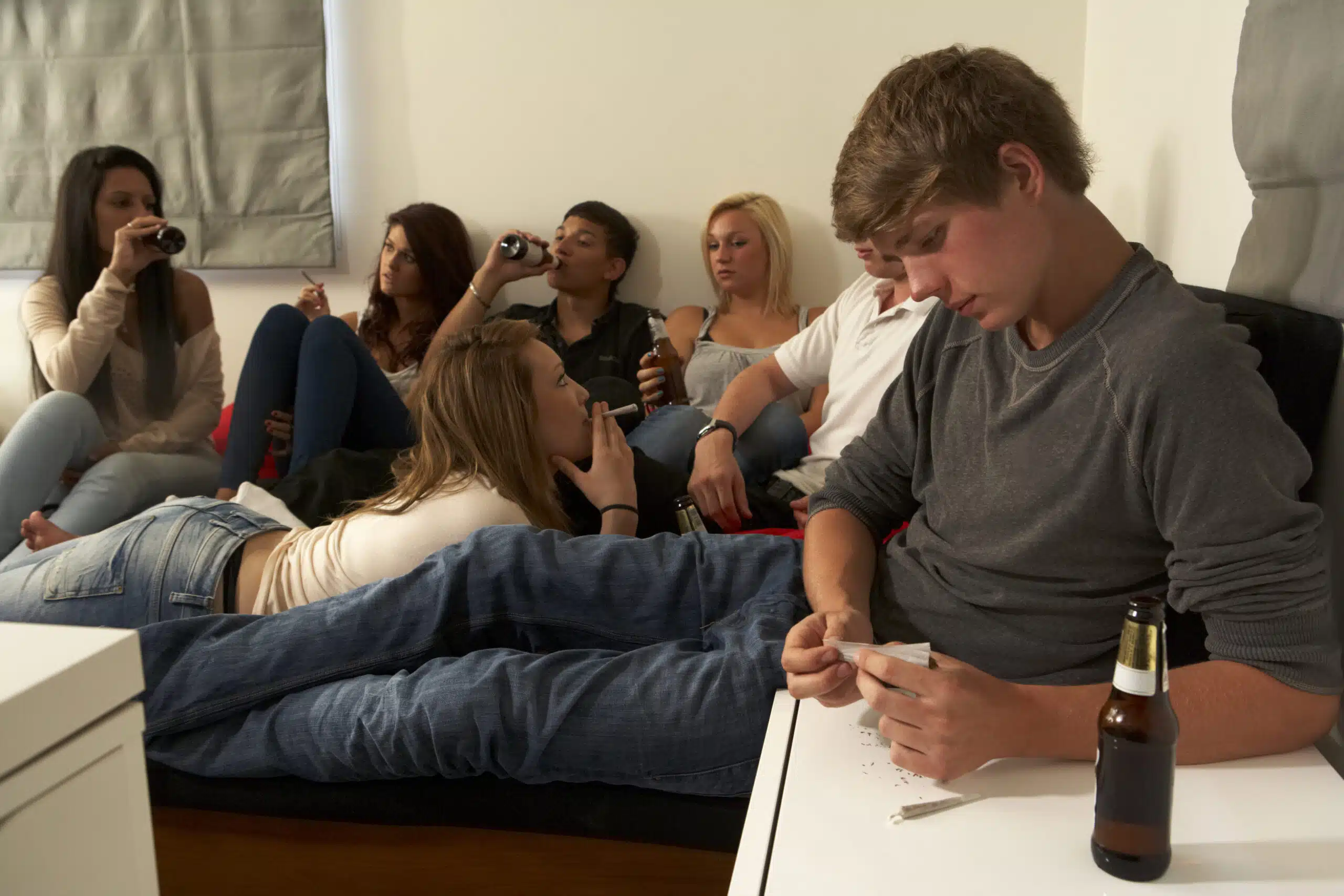
What Does It Mean When My Child Picks Their Skin
What Does It Mean When My Child Picks Their Skin
It is not uncommon for teens to pick their skin, however, this behavior is worrisome and often leads to physical harm and emotional distress. Usually manifesting as a means to manage stress and anxiety, this behavior can worsen over time and create long-term issues. For parents and caregivers wondering, “What does it mean when my child picks their skin?”, it is important to understand the underlying causes of this condition and how to effectively help mitigate this destructive behavior.
Beachside Teen offers comprehensive mental health treatment for teens in California. Call us now at 888-254-0916.
What Does It Mean When My Child Picks Their Skin?
Commonly referred to as skin-picking disorder, excoriation disorder is a mental illness marked by a person’s repetitive and compulsive need to pick at their skin. This typically leads to physical damage such as infections, scars, and sores.
Those struggling with this disorder have a difficult time controlling the behavior, even when making a conscious effort to stop. As a result, they may feel embarrassment, anxiety, and/or distress due to the visible and emotional toll of this condition. This picking can be triggered by stress, nervousness, or even boredom. Unfortunately, excoriation disorder can negatively affect a teen’s daily routine, health, and overall quality of life—highlighting the need for swift and proper intervention.
Signs & Symptoms of Excoriation Disorder
It is crucial that parents and caregivers are aware of the signs and symptoms of excoriation disorder so that they can recognize them in their teens. This behavior is typically rooted in OCD or anxiety or is a reaction to stressful situations. Indicators to look out for include:
- Recurrent Skin Damage: This may include lesions, infections, or scars caused by ongoing picking.
- Repeated Picking: Continuously picking at the skin despite visible damage.
- Inability to Stop: Being unable to stop the behavior despite multiple attempts.
- Spending Significant Amount of Time Picking: Skin picking interferes with daily activities and responsibilities.
- Fixation on Picking: Repetitive thoughts centered around skin picking, which often results in distress and anxiety.
- Reacting to Triggers: The picking originates from feelings of stress, anxiety, or boredom.
- Feeling Relieved After Picking: Teens may feel a sense of gratification, pleasure, or relief while they are picking or after.
- Low Self-Worth: Teens may have poor self-esteem due to the damage to their skin.
- Avoidance: They may refrain from events or social activities because of the shame related to their skin-picking behaviors.
- Escalating Behavior: The frequency of skin picking or level of damage increases over time.
Types of Skin Picking
Skin picking can start for various reasons and impact teens in different ways. Each type of skin picking necessitates individualized treatment to accurately address the underlying causes of the disorder. Therefore, it is essential to understand what type of skin picking your child is experiencing so you can find appropriate treatment. These types include:
- Compulsive Skin Picking: Teens compulsively pick their skin as a means to cope with anxiety, stress, or other negative feelings. They often feel it gives them a sense of temporary relief from the emotional distress they are experiencing. Even when the area is clearly damaged, teens who compulsively pick may continue worsening the wound.
- Functional Skin Picking: The goal of functional skin picking is to remove, smooth, or correct what teens see as imperfections. This may include blemishes, bumps, or patches of rough skin. Though this behavior may start with minor skin problems, it often becomes a toxic and repetitive cycle.
- Mixed Skin Picking: Some teens may participate in both types of skin picking. In many cases, the picking starts as a way to fix imperfections and escalates into an unhealthy coping mechanism for emotional pain.
How Excoriation Disorder is Diagnosed
It can be hard to accurately diagnose excoriation disorder and why your child picks their skin, as teens are often secretive about their skin-picking behavior.
They may attempt to hide scars, scabs, or sores with make-up or clothing. Furthermore, some teens may try to deflect or minimize the seriousness of this behavior. Therefore, it is important for parents asking “What does it mean when my child picks their skin?” to pay close attention to their teen’s behavior and seek professional support in a timely manner. Even if parents are not aware of the full extent of their teen’s condition, it is crucial to seek help for the underlying causes of this disorder, such as anxiety, OCD, or unhealthy stress responses.
Why Does My Child Pick Their Skin? How Skin Picking Is Treated
To effectively help a teen who is struggling with skin-picking, a custom-tailored approach is necessary. This includes working closely with the teen to ensure treatment addresses their specific condition and needs. This includes a combination of treatment modalities designed to correct this behavior and instill long-term, healthy coping skills. Methods used to treat skin picking in teenagers include:
- Behavioral Therapies: Cognitive behavioral therapy (CBT) and dialectical behavioral therapy (DBT) teach teens non-destructive ways to handle stress. The goal is to replace unhealthy thought patterns and behaviors with improved habits and coping strategies.
- Acceptance and Commitment Therapy (ACT): This type of therapy can be helpful as it encourages teens to accept negative feelings without turning to damaging behaviors while promoting overall improved emotional resilience.
- Medication: Antidepressants such as selective serotonin reuptake inhibitors (SSRIs) are often used to treat conditions such as anxiety or depression. Since these disorders can be the underlying cause of skin picking, the medications can be effective in reducing these behaviors for some teens.
- Practical Interventions: It is good for parents to start with simple, health-related strategies. This may include using band-aids or liquid bandages to create a physical barrier that makes it more difficult to damage the skin.
- Holistic Strategies: Holistic interventions such as mindfulness can help teens to refrain from reacting on impulse and instead respond to triggers more thoughtfully.
Find Adolescent Mental Health Programs in Malibu, CA
Due to the physical harm caused by skin picking, it is essential that teens get the help they need. We understand how distressing this condition can be for parents, which is why Beachside Teen offers compassionate, comprehensive treatment programs designed to address this concerning behavior.
Our center aims to help those between the ages of 12 and 18 overcome behavioral and mental health challenges so that they can move forward in life with a solid foundation for success. To learn more about how we can help, give us a call or visit our admissions page today.




